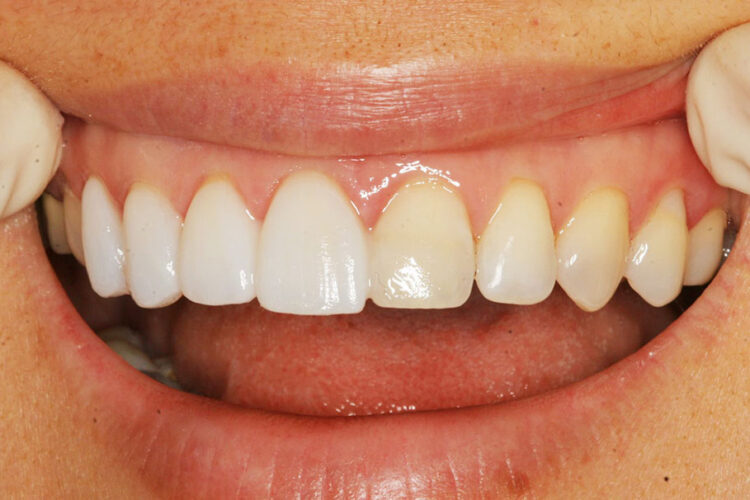In cosmetic dentistry, there is constant confusion between two terms: dental veneers and dental lumineers. The confusion is due to the fact that lumineers are a special type of veneer. Both of the treatments are done for almost the same problems, but they still have a few key differences that one should know about to make an informed decision.
Before you get veneers or lumineers, make sure to visit a Bessemer City cosmetic dentistry and speak to a dentist to know which treatment would be best to solve your dental issues. Meanwhile, here is a comparison guide between lumineers and veneers.
Key differences between dental lumineers and veneers
- Resistance to stain.
Veneers are a popular solution to highly stained teeth. They can completely hide your yellowed or discolored teeth and give you a brand-new smile. The glazed and non-porous surface is also resistant to staining, making it perfectly suitable for people with staining problems. If you have severely stained teeth, you can opt for this option.
On the other hand, lumineers are not that effective in hiding stains. The bond used to attach lumineers to your teeth can stain over time. They may not be suitable for severely discolored teeth.
- Prep work.
Porcelain veneers require more prep work, while lumineers require much less prep work. The dentist first shaves your natural teeth by half a millimeter to accommodate the veneers. The tooth surface area is reduced to adjust the thickness of the new laminate. Therefore, the prep work is extensive.
On the other hand, lumineers do not require that degree of surface preparation. The laminate is thinner than veneers and can easily bond over natural teeth.
- Durability.
Lumineers and veneers differ in durability as well. Usually, veneers can last for 10 to 15 years. With proper care, they can work successfully for up to twenty years. The average survival rate for veneers is 97.5%.
On the other hand, lumineers do not last that long. With a lower lifespan than that of veneers, lumineers can only last for ten years, even with the best care. However, dental experts are still researching their longevity.
- Cost.
Porcelain veneers are much more durable and strong and can fix dental problems much better than lumineers. They also require extensive prep work that lumineers do not. Therefore, it is easy to assume dental veneers cost more than lumineers. You can expect to pay between $950 to $2,500 for each veneer. Lumineers are more cost-effective and range between $800 and $2,000 per tooth.

